Vietnamese mountainous cultural etiquette for travelers
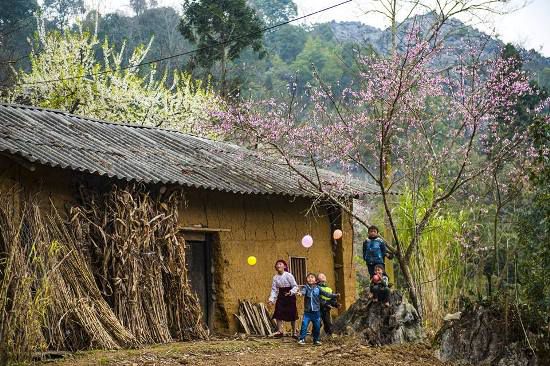
Age and Condition
Social Concord
Dispute and voice raising are not as common as in the West.
Distasteful topics and uncomfortable situations are totally skipped, which sometimes makes it quite hard for foreigners to catch up what is going wrong.
They ward off disparaging other people in public to avoid putting them in an awkward situation or losing their faces badly.
The regular response to any issue is smiling, because it happens as a cause of embarrassment.
There is the fact that the smiling reaction of the Asian makes many foreigners mad. Losing your anger, however, only leads to the rising up of disagreement and significantly reduces the chances of fixing the problems! If issue occur, bear in mind that calmness is the key for resolving them.
A good way to response to the issues is a smile.
Friendliness

Giving and Receiving

Gestures
Body Contact
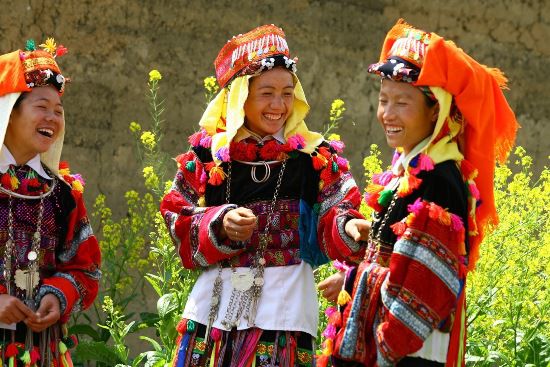
Like other countries in South East Asia, those who are not family members should not have physical contact with other’s head and shoulders because these parts of body have special significance.
In these days, Vietnamese will gladly give foreigners a handshake because they appreciate this western custom, especially, among the northern ethnic minorities since millions of visitors have come every year.
Another Things to Remember
- Dress up modestly! It is considered offending if you wear low-necked outfit and revealing clothes.
- Some ethnic groups may have a big concern about African-braided hair, because the braids sometimes look like snakes.
- Bringing along some types of gifts like confectionary, cigarettes or photographs/postcards from your home country in case you visit somebody houses or meet local families.
- Remember to check before entering a village and make sure that there are no ceremony or special occasions that are happening or preparing. Several ethnic groups, on such events, hang banners or tree branches on the gateway to their village or on the house’s door as the sign of celebration. Yet, few other ethnic groups do not use that kind of symbol, thus, it is necessary to ask before deciding what you are going to do. For such ceremonies, foreign visitors in particular and travelers in general are not welcomed, and they need to respect the privacy of the villagers.
- Always request the house owner’s approval (normally a male) before getting in an ethnic house. Once the permission is released, it is better to leave your shoes outside. When you take your steps to get in, avoid stepping on the threshold of the door that lying at the bottom of the doorway. After getting inside the house, sit at the place the owner offers you, then take your action in a friendly and gentle way. Remember to try to follow your hosts’ formalities. From different ethnic groups, it may change, but in general, you are better not touching beams and pillars as well as do not point your feet at someone. The utmost importance is that never touch or abuse the family altar.
- The way you react when receiving offers such as a cup of green tea or rice wine will show your respect and gratefulness when the house owner gives you. Moreover, visitors are expected to bottom up the first cup of rice wine in just one gulp as an act to say thanks.
- (Ask for people’s consent before taking any snap, even kids. )
- Ask for people’s consent before taking any picture and do not insist if they don’t want to. After coming back to your home country, it would be awesome if you can give at least one of your pictures that you took to the house host as a gift of your appreciation. You can ask your tour guides’ help with sending back the copies. Actually, there are many tourists promised that they would send the hosts these photos, but forgot their words once they got home.
- It is illegal to use opium in Vietnam, so do not support those opium productions by purchasing it from local people.
Travel Conversation Questions
Steveffc :
We arrive in Sapa town in the early afternoon, stay two nights, and leave in the afternoon from Sapa town (so have two half days and a full day). I have not booked a tour, just the bus to Sapa. I would like to do two homestays in different local villages. I would like to travel through the Muong Hoa Valley, and would also like to spend a night in Ta Phin. We were planning to go without a guide, would this be possible with this route? (we are aware that we might get lost!) Is it better to book homestays in advance to ensure comfort, or is it just as good to ask when we get there?
Thank you!
One thing I always do when catching taxis is estimate the distance, multiply it by the rate(you can find it online), then I place the approximate fare in my top pocket and wallet stays in my back pocket or zipped up in front trouser pocket.
As soon as you start opening wallets up ,the pilfering fingers get it.
Take time to learn the currency before you set foot in Vietnam. You can tell from the story above that the driver was trying to find out how well his passenger understood the currency.
Learn how to use maps etc on your phone, don't be at their mercy
We are going late in September so perhaps the rice fields are not a priority, if this affects the advice on where to go :)
Hello
In the daytime, you will run into trekking groups and tourists in all of these areas. At night, they are just as quite as can be.
They are all good choices for a night or two.
Ta Van to Ta Phin would be a long hike, even if you stayed on the principle roads.
However, there is a nice quiet road that connects Hau Thao with road QL-4D, not so far from the turn off to the Ta Phin Valley.
Steveffc :
Rudol Fhakes :Thank you! I think we will trek to Ta Van, stay a night, then get a taxi back to Sapa and go to Ta Phin for the next night.
Will it be easy to find an authentic homestay in Ta Phin once we arrive if we particularly wanted to visit this village? Or do you just have to go wherever the local guides live?
There are a number of very traditional homestays in Ta Phin.
If you zoom in on Google Maps you will find a few up in the hills here: San Ly Homestay
This is an interesting area as it can not be reached by car. Very traditional, remote and quiet.
Komal M :
Tavan and Lao Chai are crowded and we were a little disappointed with our trek due to thsi reason so it is better to go further afield where there are less trekkers.
Erikab Morris :
I believe it would be wise to book ahead, for several reasons. One being assured of getting a bed and secondly you may have problems with the language barrier if arriving and trying to arrange something. As for a guide, you say you are aware you might get lost and if this is not an issue for you, so be it, go ahead. Not the way I would do things though in remote areas.
Steveffc :
Hi, thanks for your help so far! I have one more question!
I have booked a place to stay in Ta Van for the first night. The next day, we are arranging to meet a local guide in SaPa town in the morning, I need to know what time to meet her. How long would the taxi take from Ta Van to SaPa? Do you have to wait for a taxi or are they easy to find? Thank you!
Rudol Fhakes :
Depending on where exactly in Ta Van you are staying: I would plan on a forty-minute trip. It would be better to have your homestay book the taxi the night before. The fair price is 200,000 VND.
Take care
Related Guides
(+84) 3 87 86 68 52
Testimonials
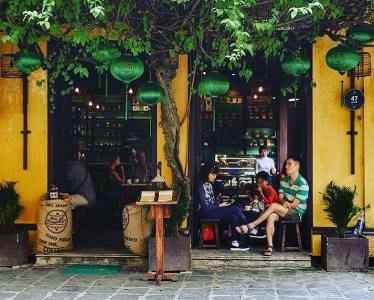
Excellent arrange, a really adapted proposal to our request
We were a group of 3 couples, chose FarEastour for our trip in Vietnam. We had some wishes:...
Highly recommended travel agency
We are very happy with our 22 days trip organized by Far East Tour! Our travel consultant,...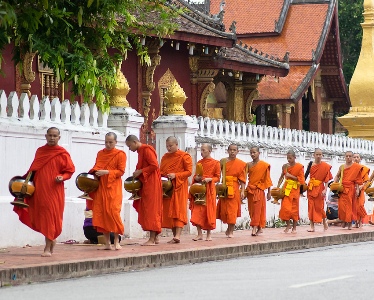
Dear Esther, I had a great time in Asia! You did arrange everything so perfect. Thank you so...

Touch with you again and remembering our unforgettable trip
Dear Christine, Hello, is good getting in touch with you again and remembering our unforgettable...
We had a very pleasant tour on Douce Mekong
Dear Wind, Thank you once again for your assistance, we had a very pleasant tour on Douce...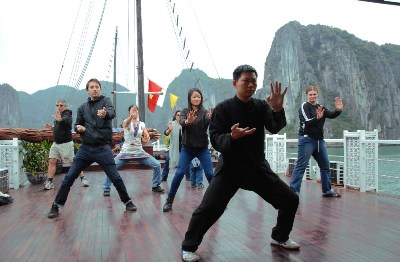
The trip to Ha Long Bay exceeded my expectations
Morning Esther, Now that I have returned to Australia I just wanted to send you a quick...
My trip to Sapa with your company has been great
Thanks a lot for your collaboration. About my trip to Sapa with your company has been great. The...
13 Days From Hanoi to Mekong with lots of happiness
We have been very happy having Mr Cong as a guide for Hanoi, and our cruise in Halong Bay was...
We asked Far East to put together a tour of Vietnam from north to south. They promptly emailed a...

Very professional and experienced travel agent
Very friendly and professional travel agent. Good advice given on what type of journey suits you....
I recommended your company to our travel agent in Germany
Dear Christine, Everything was fine, also the food. And for the vegetarian they tried special... Vietnam Tours
Vietnam Tours Vietnam Touren
Vietnam Touren Voyage au Vietnam
Voyage au Vietnam 越南旅游
越南旅游 越南旅遊
越南旅遊




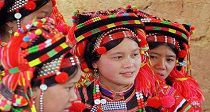
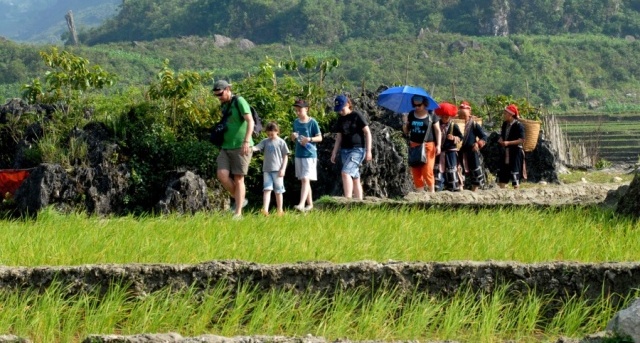
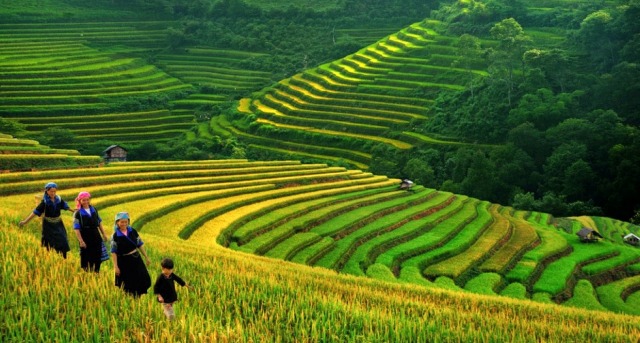



24/7